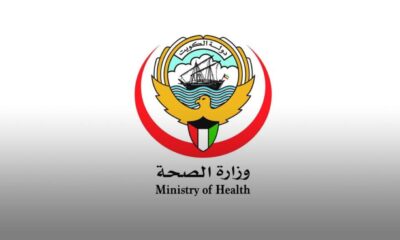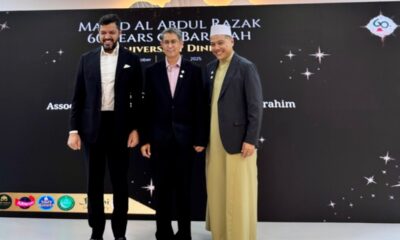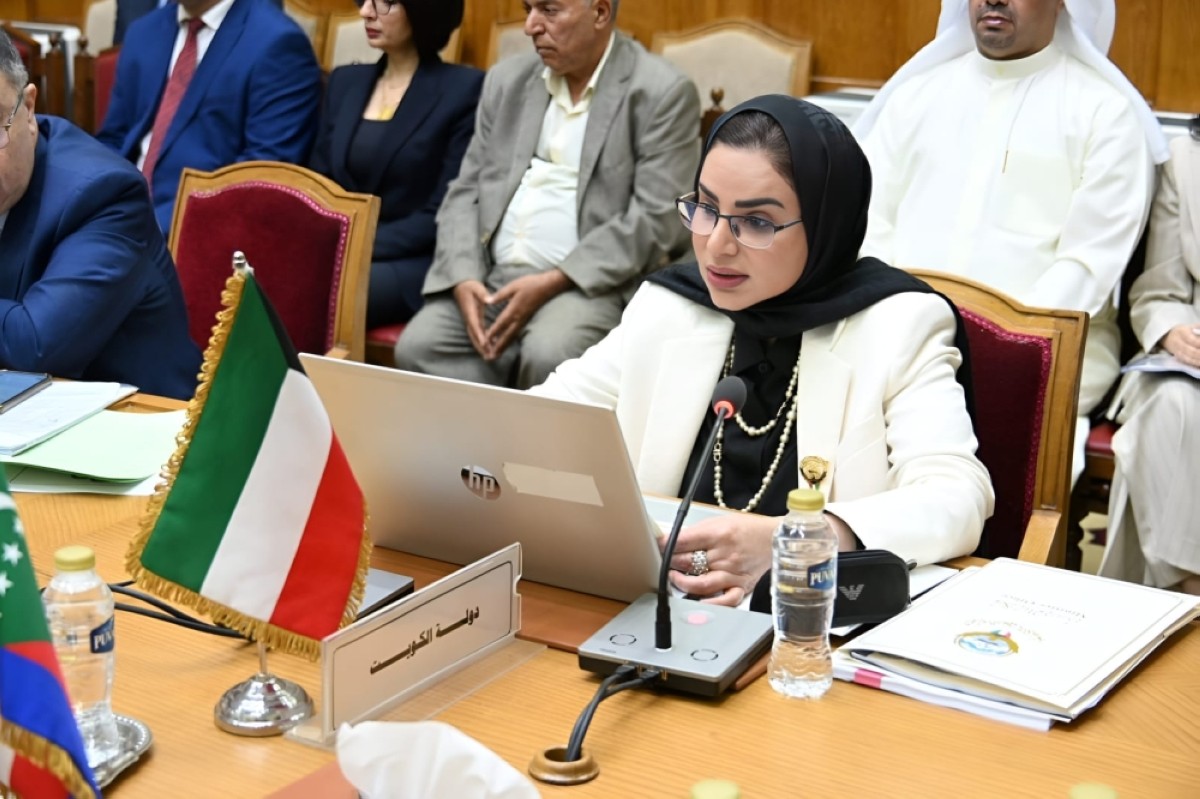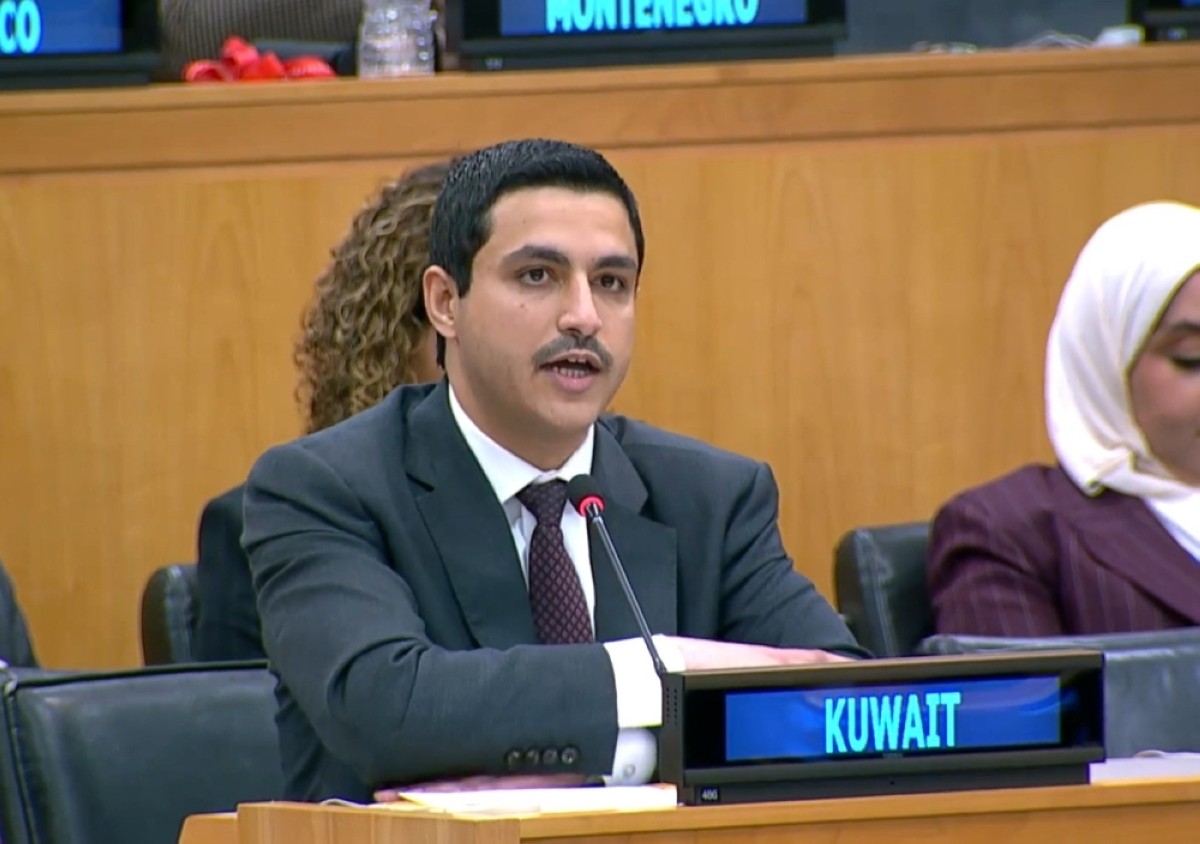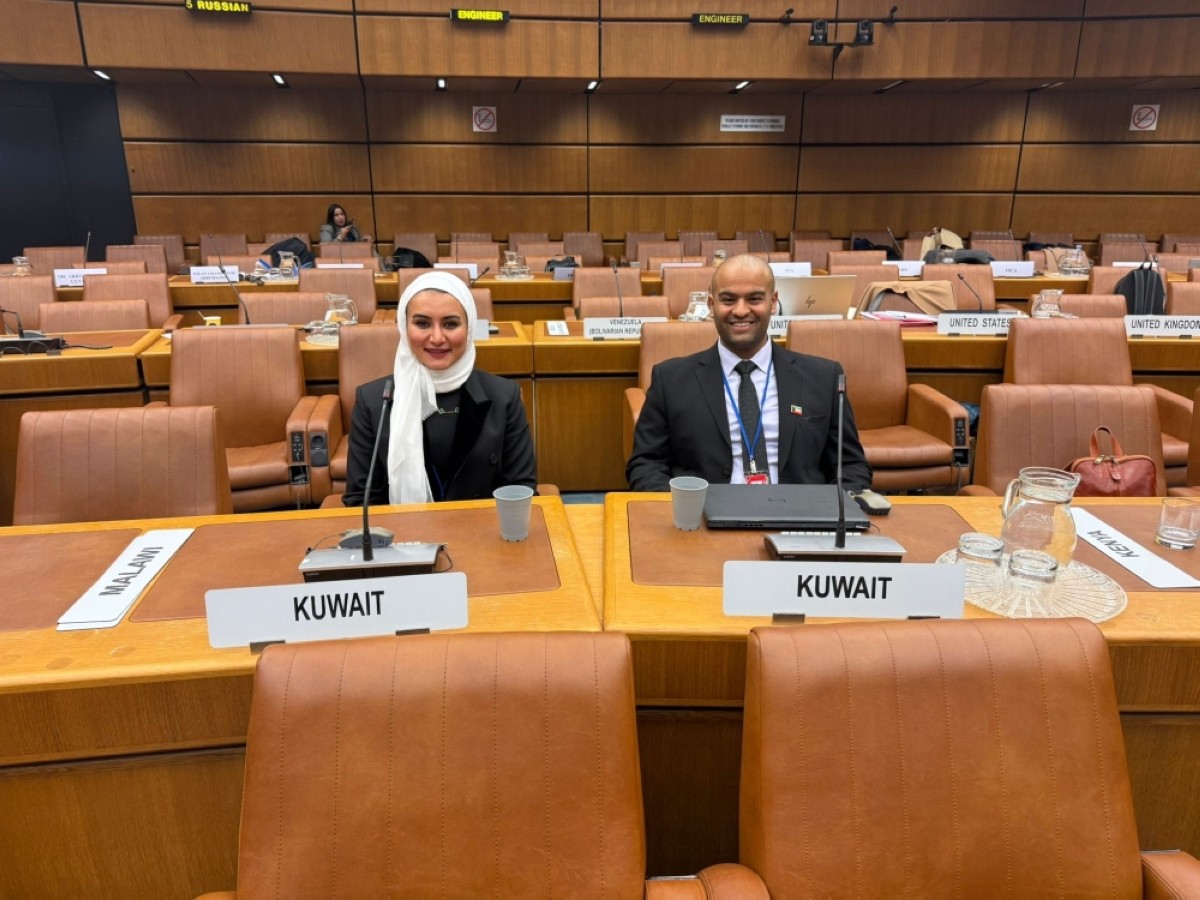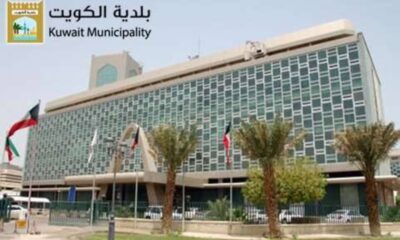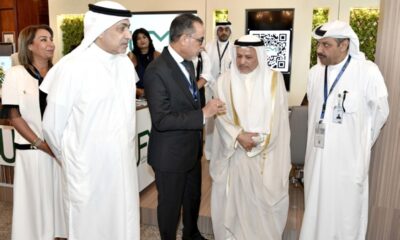KUWAIT: Kuwait is implementing an ambitious national strategy to modernize its healthcare infrastructure, improve service quality, and expand access to treatment. Under the framework of its 2024/2025 development plan, the country has allocated around KD 140 million to a portfolio of 20 public health projects aimed at improving care delivery and long-term system sustainability. According to the Ministry of Health, 13 of these projects are currently in the execution phase, three are in preparatory stages, two are in final delivery, and two have been completed.
Major projects underway
Speaking to Kuwait News Agency (KUNA), Assistant Undersecretary for Engineering and Projects at the Ministry of Health Ibrahim Al-Nahham, said the ministry is working to complete several large-scale health infrastructure projects in line with international standards. One of the latest additions to Kuwait’s healthcare infrastructure is the New Maternity Hospital in the Sabah Health Zone, which was inaugurated in April. So far, only the outpatient clinic has been opened to patients, while the main facility — which includes operating and delivery rooms as well as inpatient wards — is expected to open soon, according to a KTV report aired this week.
Four major construction projects are currently underway: The New Sabah Hospital; The New Adan Hospital; The Communicable Diseases Hospital; and The Kuwait Cancer Center. The latter two are expected to open in the coming days, Al-Nahham told KUNA.
Physical Therapy and Rehabilitation Building at the New Adan Hospital
Assistant Undersecretary for Engineering Affairs and Projects, Eng. Ibrahim Al-Nahham
New Infectious Diseases Hospital
The Childhood and Motherhood Building at new Adan Hospital
The New Sabah Hospital spans over 88,710 square meters with a total built-up area of 280,636 square meters. It features 512 inpatient beds, 105 ICU beds, and 72 outpatient clinics across multiple specialties. The main facility consists of three towers, a helipad for emergency transport, and support buildings, including parking and technical services.
The Communicable Diseases Hospital will offer 224 inpatient beds and eight ICU beds. It also includes departments for emergency services, radiology, pharmacy, and medical records. The Kuwait Cancer Center will cover 226,525 square meters and is planned to operate with 618 beds using fully automated systems.
As for the New Adan Hospital, it is being developed as a multi-facility complex of seven interconnected buildings, including a maternity and pediatrics hospital, a surgical building, rehabilitation center, and administrative offices for the Ahmadi Health Zone. Underground tunnels will connect the facilities to streamline operations and patient care.
International collaboration
In parallel with infrastructure upgrades, Kuwait continues to strengthen its cooperation with international and regional partners. This includes agreements to support medical training, digital systems, and public health initiatives. Locally, several memoranda of understanding have been signed with other government entities to promote the National Healthy Cities Strategy. The goal is to raise awareness on healthy living and convert policy strategies into actionable projects.
Internationally, the Ministry of Health has held a series of meetings in recent months with European Union ambassadors and health representatives to exchange expertise and explore training and research collaboration. In July, Health Minister Dr Ahmad Al-Awadhi signed five memoranda of understanding with leading medical institutions in Paris to support knowledge exchange and bilateral health cooperation. The partnerships aim to enhance specialized care in areas such as oncology, cardiology, and organ transplants. One of the key components is the development of telemedicine services that would allow Kuwaiti patients and physicians to access expert opinions and diagnostic support remotely.
Healthy cities initiative
The ministry also continues its long-term collaboration with the World Health Organization (WHO), which formally opened a country office in Kuwait four years ago. WHO has recognized Kuwait’s ongoing initiatives to promote public health and sustainability. Kuwait launched its Healthy Cities initiative around a decade ago, aligning with global efforts to meet the UN’s Sustainable Development Goals. As of this year, 18 Kuwaiti cities are registered on the WHO’s Eastern Mediterranean Regional Healthy Cities Network, and seven have received formal recognition. According to the United Nations, a “healthy city” is not one that is already healthy, but one that commits to improving the living environment for all residents. The WHO defines such cities as places that prioritize health in urban planning, promote community participation, and support equitable access to services.
The government also invests heavily in the development of local medical talent. This includes scholarships for Kuwaiti students to study medicine and pharmacy abroad, as well as cooperation agreements with universities and health institutions worldwide. The goal is to build a workforce capable of meeting future health challenges.
In recent months, Kuwait successfully conducted nine advanced robotic surgeries remotely, demonstrating the growing capabilities of its local medical teams. This reflects broader efforts to reduce the number of patients sent abroad for treatment by expanding access to specialized care locally. — Agencies













